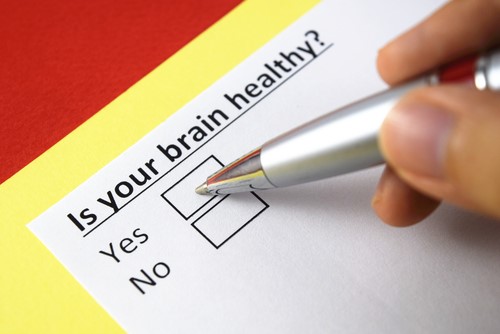In June, we started talking about brain health and its connection to habits. Let’s expand on that idea … so do you think about your brain much? You should!
The field of brain science and health is expanding every year. Not long ago, scientists believed that it was not possible to make new neurons. Now, we understand the brain more—and you “can still make fresh brain cells” into old age, as a newly released study reinforced.
A fascinating book by Robert Whitaker looks at the world of brain health and specifically mental illness. In Anatomy of an Epidemic: Magic Bullets, Psychiatric Drugs, and the Astonishing Rise of Mental Illness in America, Whitaker shows how commonly held views and practices (habits!) have contributed to mental disorders. The book was a little upsetting to read at times. The first half of the book focuses on the health and wellness history of our society, including the habitual use of pharmaceuticals and the long-term repercussions of this singular approach.
Robert Whitaker’s book reminds me of the need for balance in health and wellness. Pharmaceuticals can be wonderful tools, but by reading Anatomy of an Epidemic you can see that when pills are the only tool in the toolbox, there are options and opportunities that are missed. For example, he highlights that for some individuals it can be hard or impossible to come off some habit-forming pharmaceuticals, like serotonin inhibitors, which can have long-term effects on the brain in particular.
Anatomy of an Epidemic—and many more books, articles, and publications—are bringing to our attention these other tools, like the power of good food, exercise, good sleep, good support and counseling, and good health habits. Hmmm, sounds like a familiar theme of mine?!
Be good to your brain. Start with this one takeaway.
We all know that eating healthy foods, exercise, sleep, and engaging the brain keep your brain sharp. However, let me pass on one tip and idea for supporting your mental health: reduce the amount of refined sugar in your daily food and drinks. Just start there if you don’t know what to tackle first! This will make a huge difference.
In Harvard Medical School’s On The Brain newsletter, the authors write about the connection between consuming too much sugar and dementia. The article, which focuses on one researcher and her work, finishes with:
“The results of the trial are especially relevant because of the high prevalence of dementia and significant cognitive decline among older adults with diabetes.”
In fact, in my last blog, Dr Bredesen takes a Ketogenic approach in diet to remove all sugar in his protocol to reverse cognitive decline. In Functional Medicine, the doctors refer to Alzheimer’s as type 3 Diabetes!
To find more practical habit-building tips on reducing sugar in your diet and supporting your brain health, check out my previous blog. And, of course, if you have specific questions, give me a call or send me an email.



![z31[1]](https://simplywholebydevi.com/wp-content/uploads/2018/06/z311-100x100.jpg)












